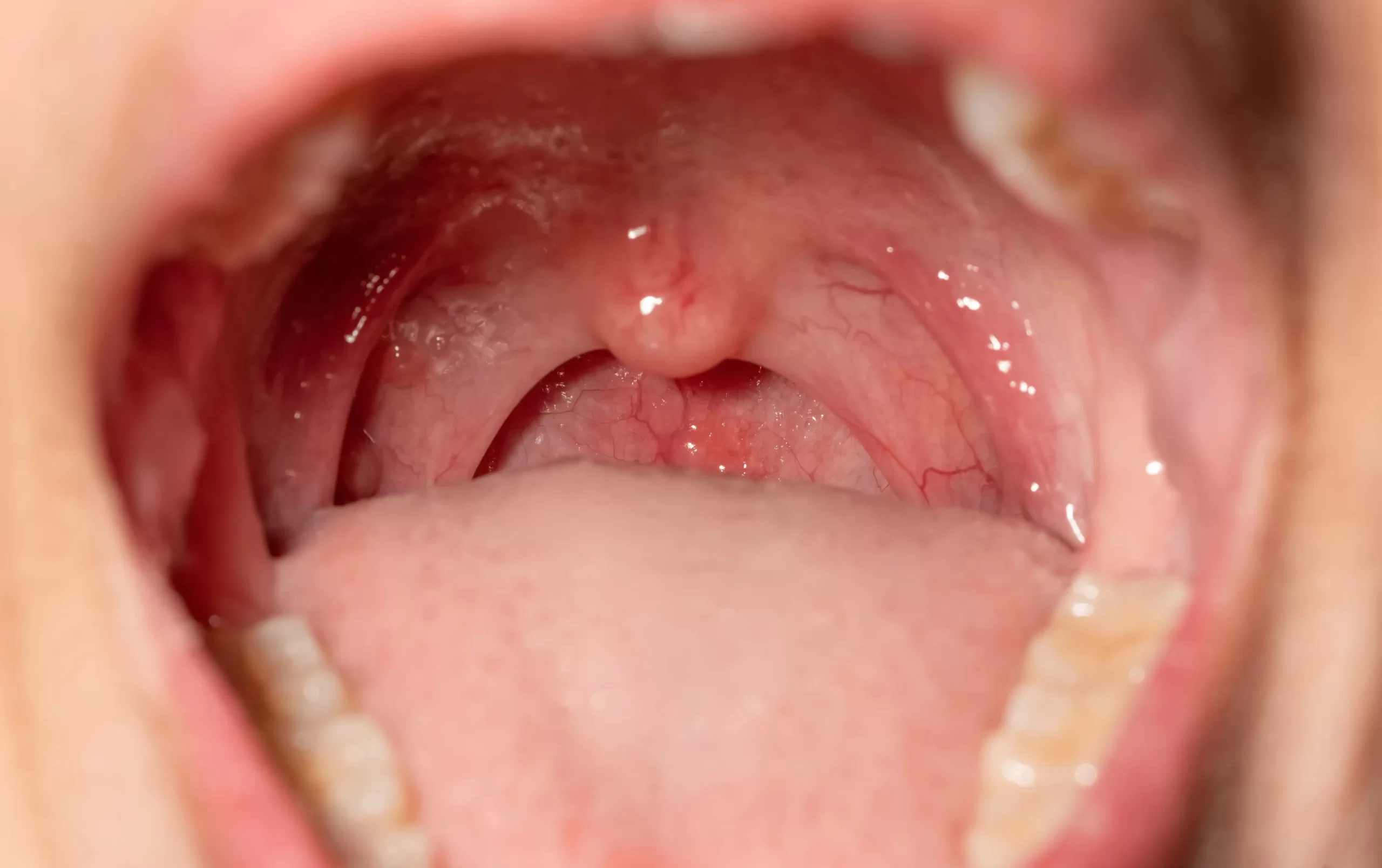If you are experiencing swollen and painful gums or a tooth that feels tender or sensitive, you might have swollen teeth. Swelling is generally a sign of inflammation, which happens when the body’s immune system reacts to an irritant. Swelling can be mild or severe, and it can lead to a variety of dental problems if left untreated. In this blog post, we will discuss the causes, symptoms, and treatment options for swollen teeth.
Causes of swollen teeth
There are several reasons why you may develop swollen teeth. Poor dental hygiene, such as failing to brush your teeth regularly or not flossing, can lead to gum disease, which can cause inflammation and swelling. Tooth decay, gum infections, and abscesses can also cause swelling and pain. Additionally, hormonal changes during pregnancy or menopause can affect the health of your gums, leading to swelling.
Symptoms of swollen teeth
The most common symptoms of swollen teeth include red, swollen, and bleeding gums, as well as pain and tenderness around the affected tooth. You might also experience bad breath or an unpleasant taste in your mouth. In some cases, you may develop a fever or experience swelling in your face or neck. If you notice any of these symptoms, it’s important to schedule an appointment with your dentist right away.
Treatment for swollen teeth
The treatment for swollen teeth will depend on the underlying cause of the swelling. If you have gum disease, your dentist may recommend a deep cleaning to remove the plaque and tartar that have built up on your teeth and gums. If you have a tooth or gum infection, you may need to take antibiotics to clear up the infection. For abscesses, your dentist will likely drain the pus and perform a root canal to save the affected tooth. In severe cases, extraction may be necessary.
Preventing swollen teeth
The best way to prevent swollen teeth is to maintain good oral hygiene. Brush your teeth twice a day, floss daily, and use mouthwash to rinse your mouth after brushing. Avoid smoking, which can weaken your immune system and increase your risk of gum disease. See your dentist for regular checkups and cleanings to catch any dental problems early on.
Swollen teeth can be a painful and uncomfortable condition, but it’s important to seek treatment as soon as possible to prevent further dental problems. By taking care of your teeth and gums and seeing your dentist regularly, you can help minimize your risk of developing swollen teeth. If you are experiencing any symptoms of swollen teeth, don’t hesitate to make an appointment with your dentist to discuss treatment options.
Disclaimer: The content on this blog is intended for general informational purposes only. It is not a substitute for professional medical advice, diagnosis, or treatment. Always consult qualified healthcare providers for personalized advice. Information regarding plastic surgery, dental treatment, hair transplant, and other medical procedures is educational and not a guarantee of results. We do not assume liability for actions taken based on blog content. Medical knowledge evolves; verify information and consult professionals. External links do not imply endorsement. By using this blog, you agree to these terms.





